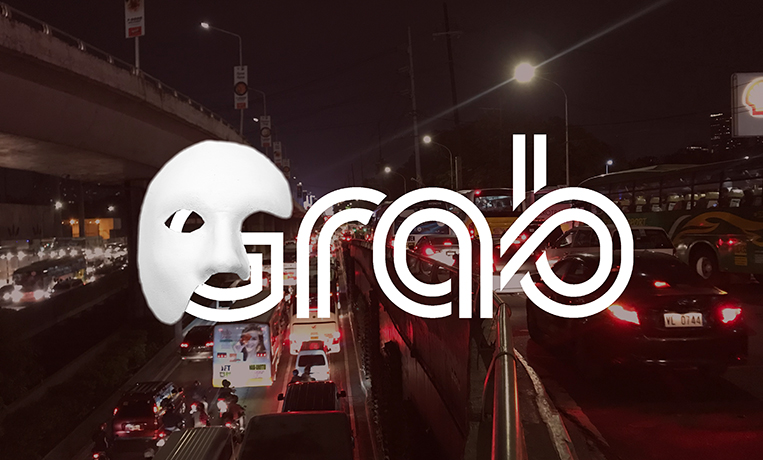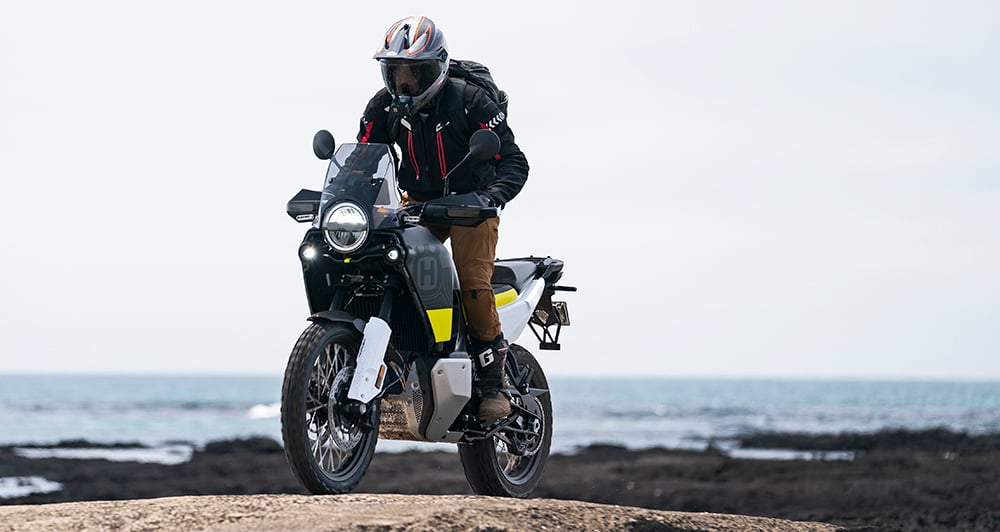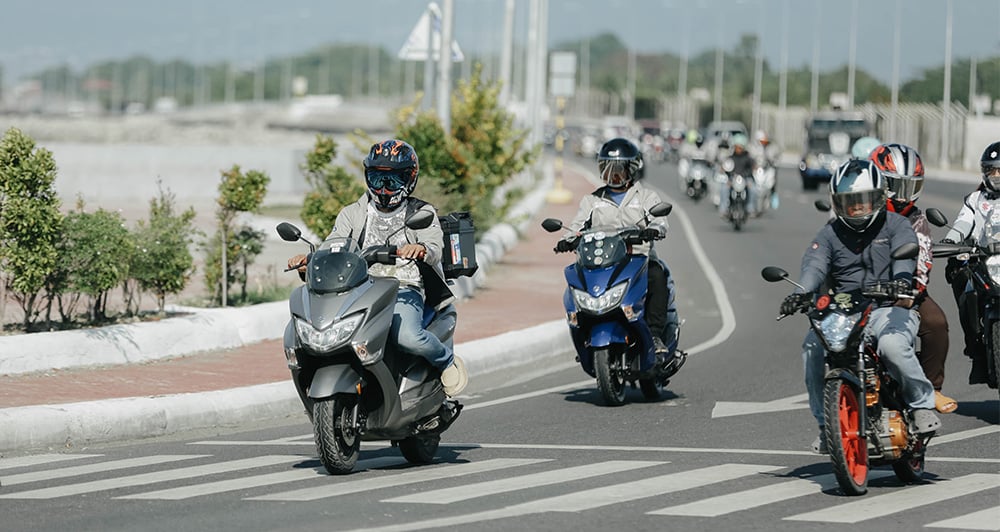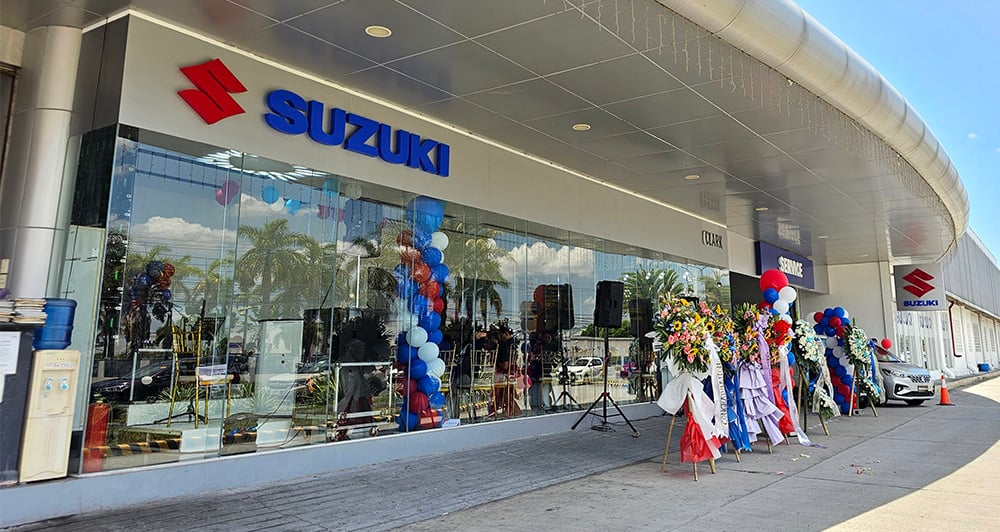
Somewhere in the catacombs below the Grab headquarters in Makati lives a phantom. A ghostly figure roaming along empty hallways that has made it its (after)life’s mission to book rides on a competitor’s app in an attempt to stifle growing competition. That is one possible—although somewhat unlikely—explanation for an allegation made against the ride-hailing company by the CEO of a rival platform. Refill your popcorn, folks: The TNC soap opera is entering its next act.
In an opinion piece published earlier this month, MiCab CEO Eddie Ybañez claimed that Grab Philippines had been placing thousands of phantom bookings with his company since June, resulting in financial losses and wasted time when drivers turned up at a location only to see their bookings canceled. He said the most compelling evidence that the Singaporean Uber-slayer was behind these illusory ride requests was the fact that shortly after a booking had been canceled, drivers apparently received phone calls from the number used for the booking, inviting them to attend a driver-orientation event by Grab.
Ybañez further asserted that this wasn’t the first time the green-and-white transport company had been accused of using naughty tactics. Ryde, a competitor on Grab’s home turf in Singapore, was also hit by phantom bookings a while ago, resulting in 2,000 wasted trips booked by 300 fake accounts, and causing S$50,000 (P1.95 million) of financial damage. Grab is said to be linked to these bogus bookings by the IP addresses used for the creation of the fake accounts behind them, all of which are apparently traced to locations where Grab has an office.
The tactic of placing fake bookings to harm competitors in the ride-hailing transport industry isn’t a new one
Quite predictably, Grab is denying any shenanigans. Country head Brian Cu was quick to release a statement to that effect. In it, he stated that Grab had indeed carried out bookings on the MiCab platform, but that the number was less than 15 per day and not 29,000 times over the last two months as claimed by Ybañez. Cu further revealed that these bookings had only been done to benchmark service levels in the industry; that nobody had phoned any MiCab drivers afterward; and that he would have his lawyer on speed dial if Ybañez continued to throw false allegations at his company.
It’s safe to say Grab and MiCab won’t be sharing a taxicab ride anytime soon, but the tactic of placing fake bookings to harm competitors in the ride-hailing industry isn’t a new one. Back in 2014, Uber was accused of booking over 5,560 rides with Lyft in the US. At the time, Lyft insisted that one of the phone numbers used for the fake bookings had been traced back to a known Uber recruiter, which somewhat echoes the MO that Ybañez says is being used in Metro Manila now.
While there is no proof that Grab did anything wrong in Singapore or here, developments like this show that the world of app-based transport service is definitely getting a little rougher. All transport network companies are careful to maintain a squeaky-clean appearance on the outside, but you never know what skeletons they may have in the closet. Or phantoms in the basement.











Comments